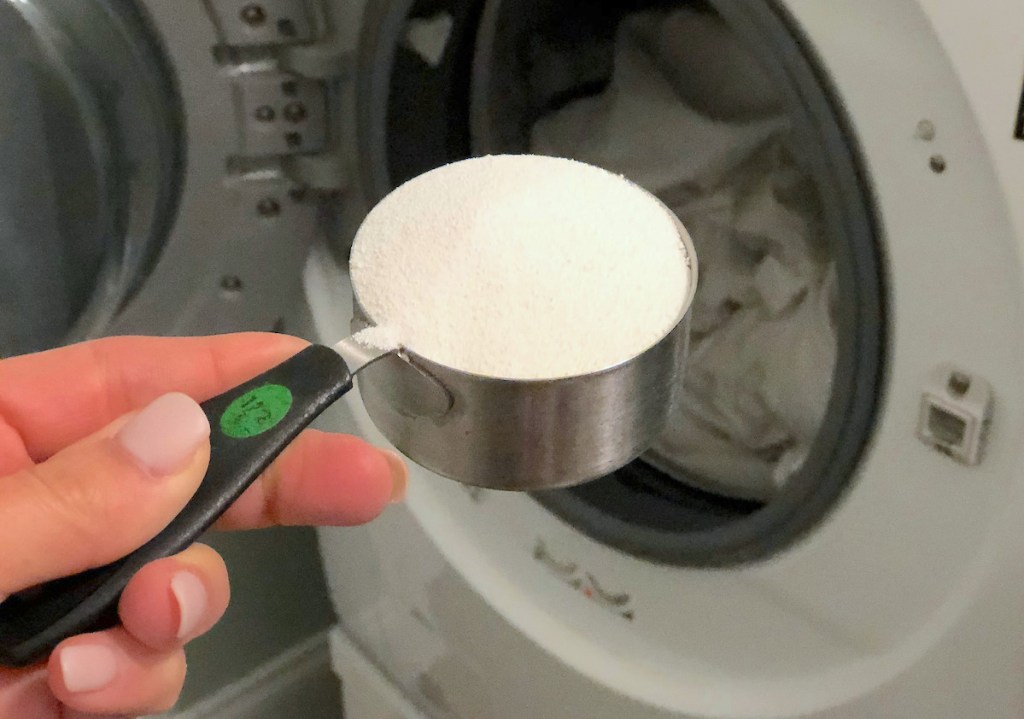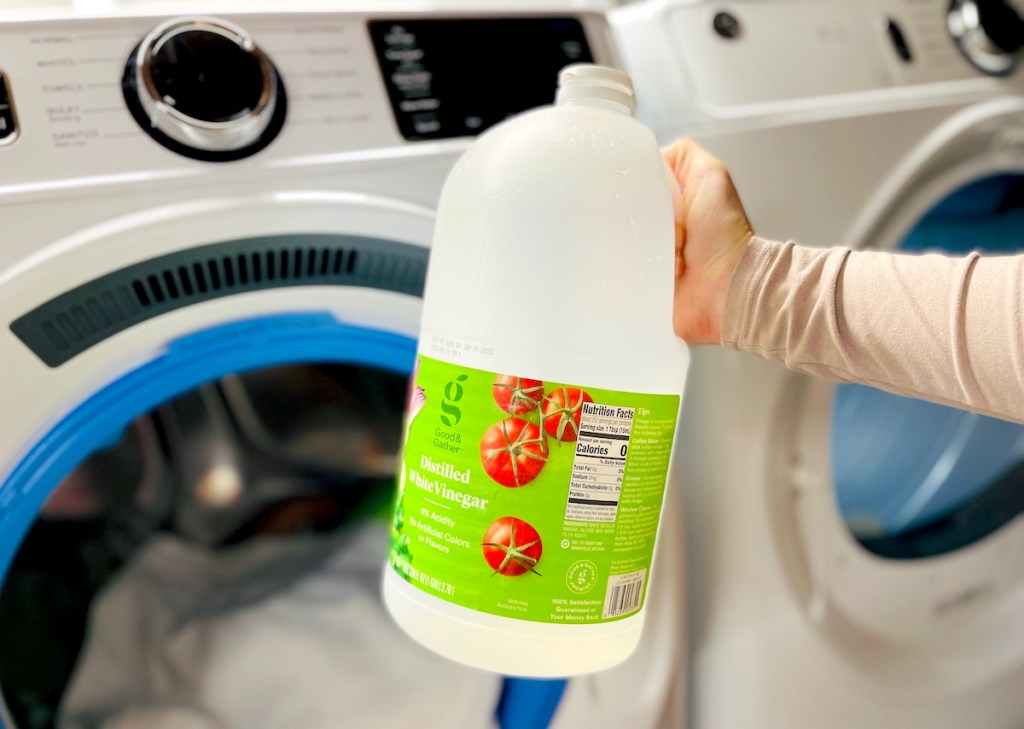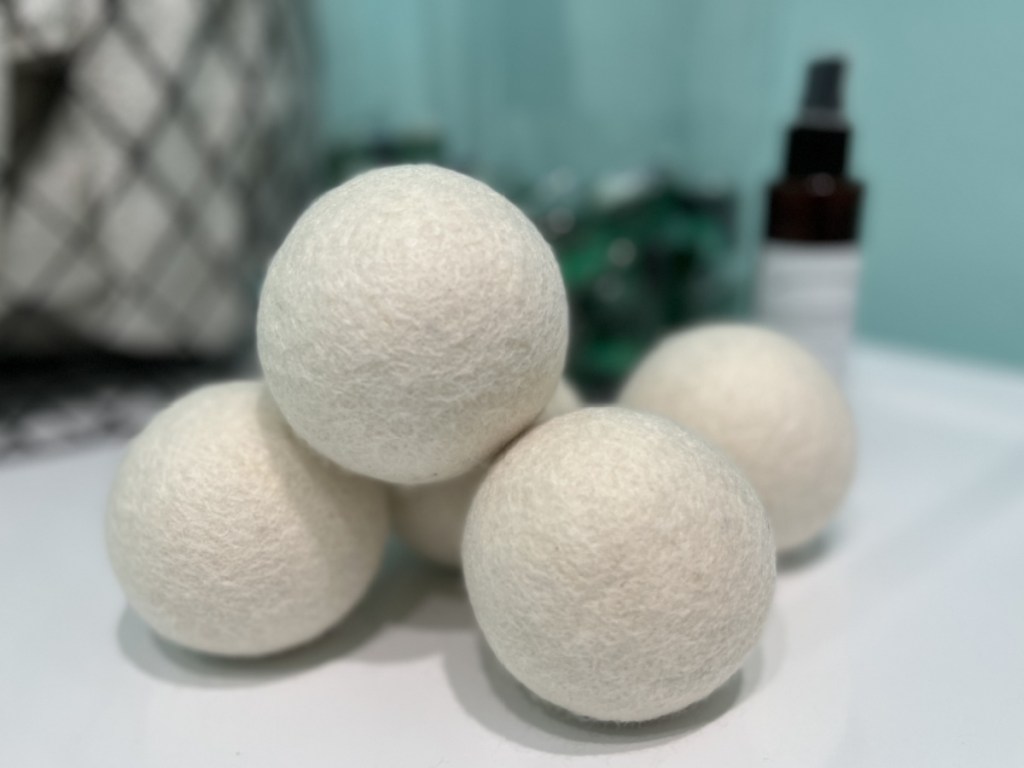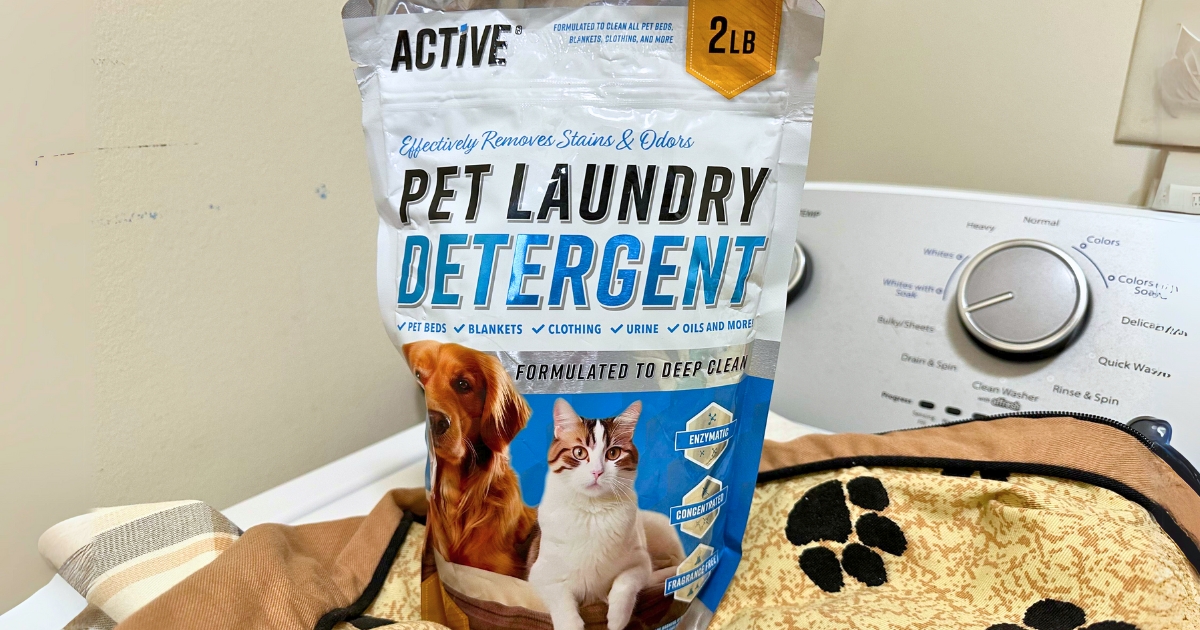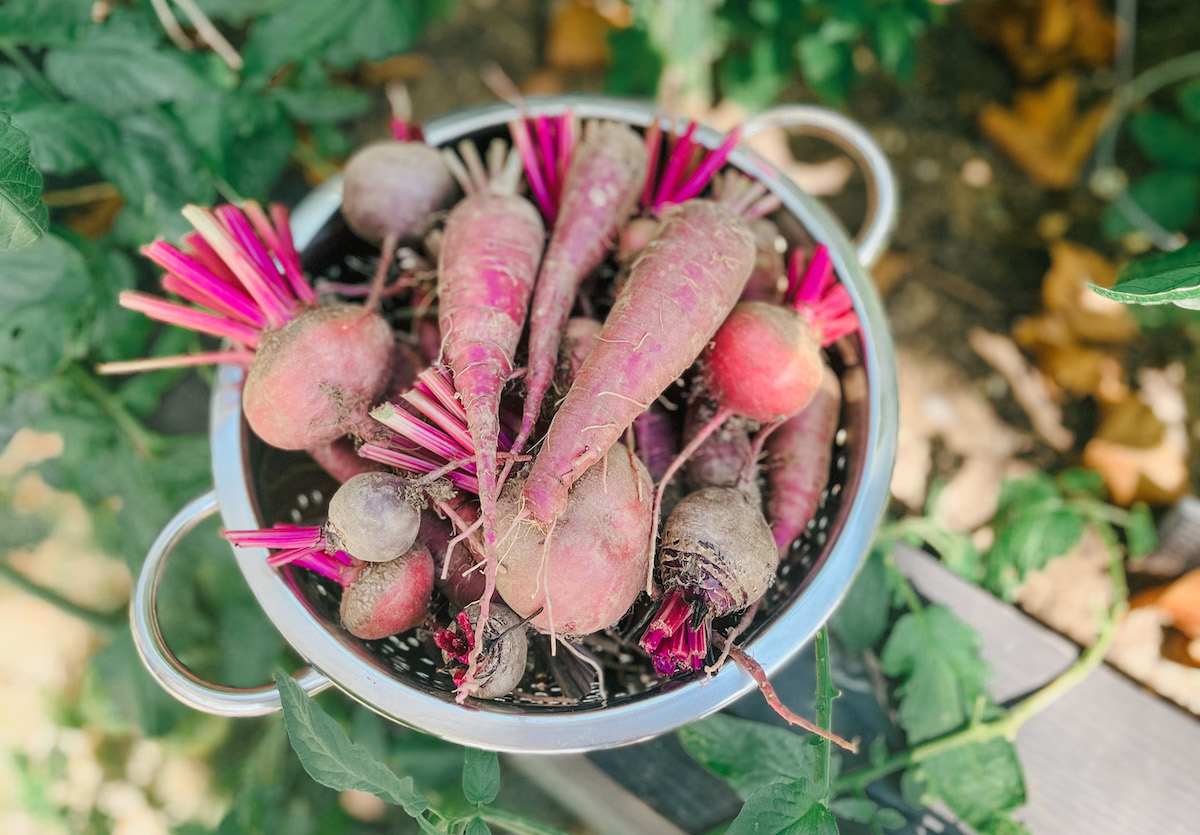Bedding 101: How to Wash White Sheets Without Bleach
Learn the correct way how to wash whites without bleach.
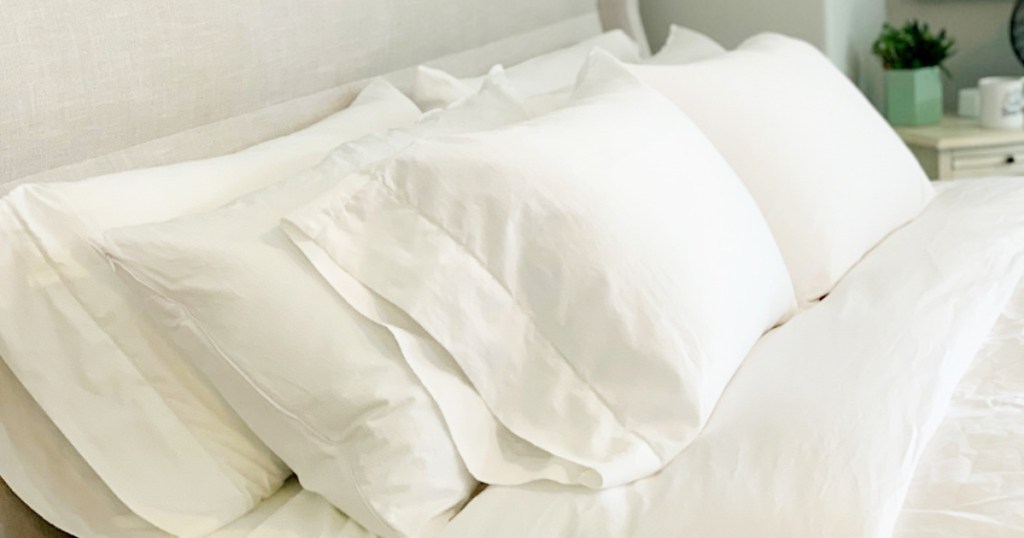
White sheets are what cloud 9 dreams are made of! ☁️
Our tried & true method on how to wash whites without bleach will extend the life of your sheets, save you money, and it’s the BEST method around!
Best of all, these tips are also super versatile, as I use them all on my towels and my washable white couch too. If you’re faced with dingy-looking whites, ripped seams, and so on, there may be a reason why. We’re sharing how to keep your whites looking as fresh as ever so you’ll never waste money again!
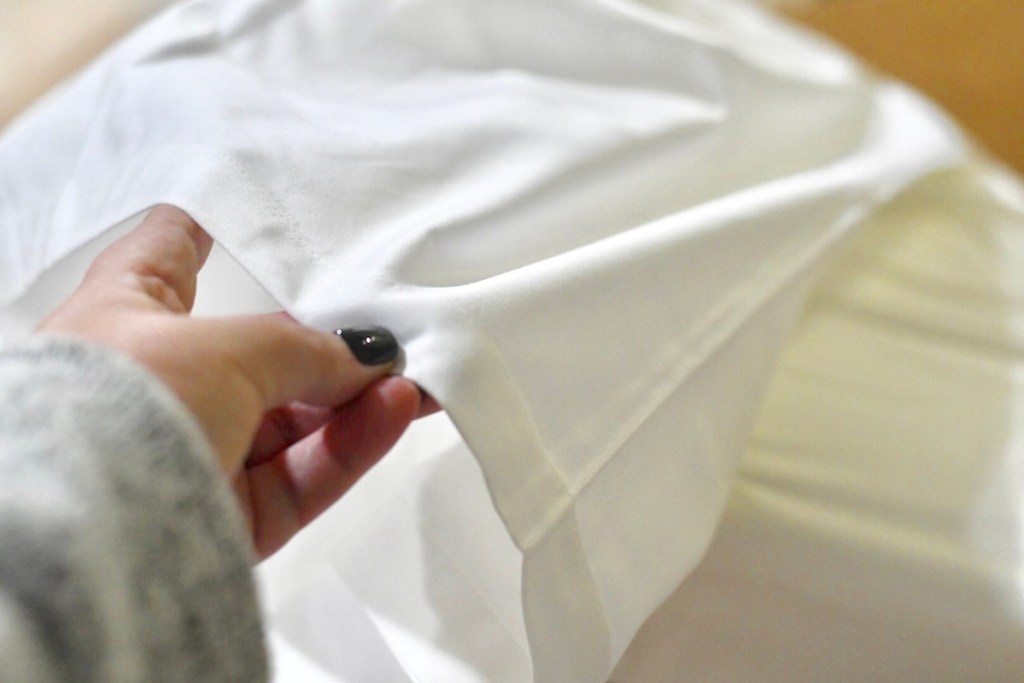
It took many hard (and expensive) lessons before our team finally realized the correct way to wash sheets. Turns out, the smell of freshly bleached sheets isn’t your answer to brighter whites. 😬
Bleach (a.k.a. liquid chlorine) actually promotes stains, sweat, and natural body oils to appear yellow over time. 🥴 Not to mention, it breaks down materials so after many uses and washes you’ll eventually experience tearing. If you spend a lot of money on your sheets, this could be devastating.
In need of some new white sheets? Collin loves this affordable set on Amazon – she’s had them for over a year and they just keep getting softer. Or if you’re a hot sleeper like many of my Hip sidekicks, you can shop the best cooling sheets we could find for every budget!
Don’t ruin your sheets (& towels); instead, here’s 8 steps on how to wash whites without bleach:
1. Wash your sheets at least once a week.
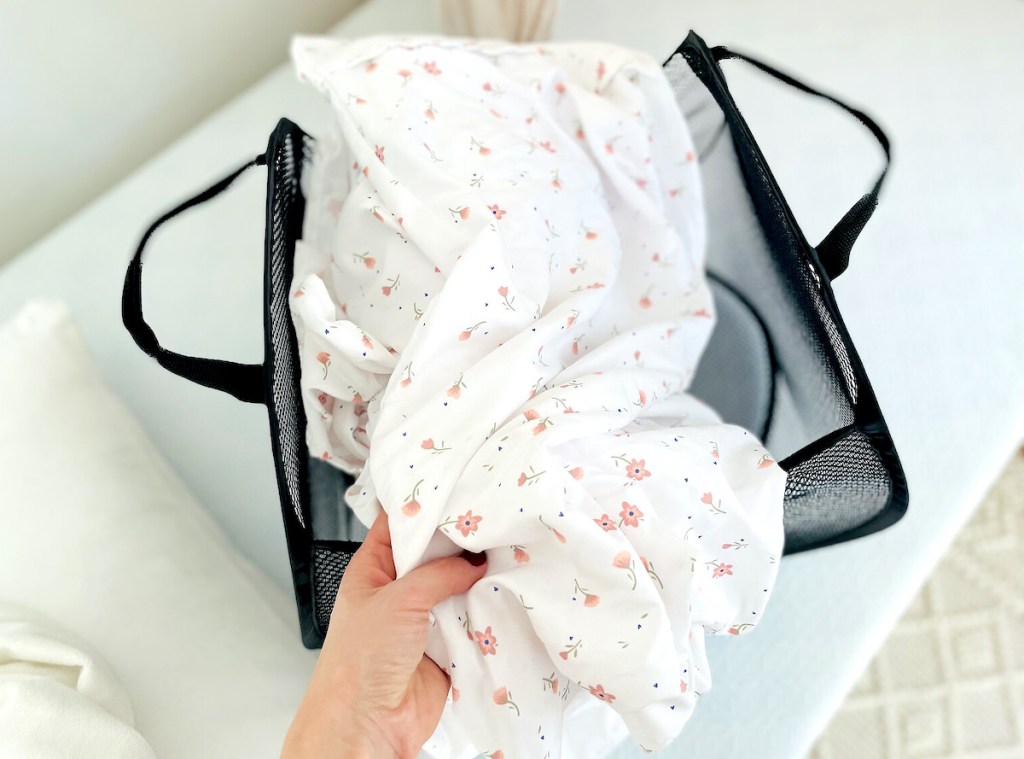
As you snooze, you transfer body oil, daily “dirt”, sweat, dead skin cells, and so on. Regular washing helps to keep any serious build-up from permanently penetrating your sheets, helping them to stay white longer.
Hip Tip: Here’s how often you should be washing the rest of your bedding.
2. Use the right amount of detergent.
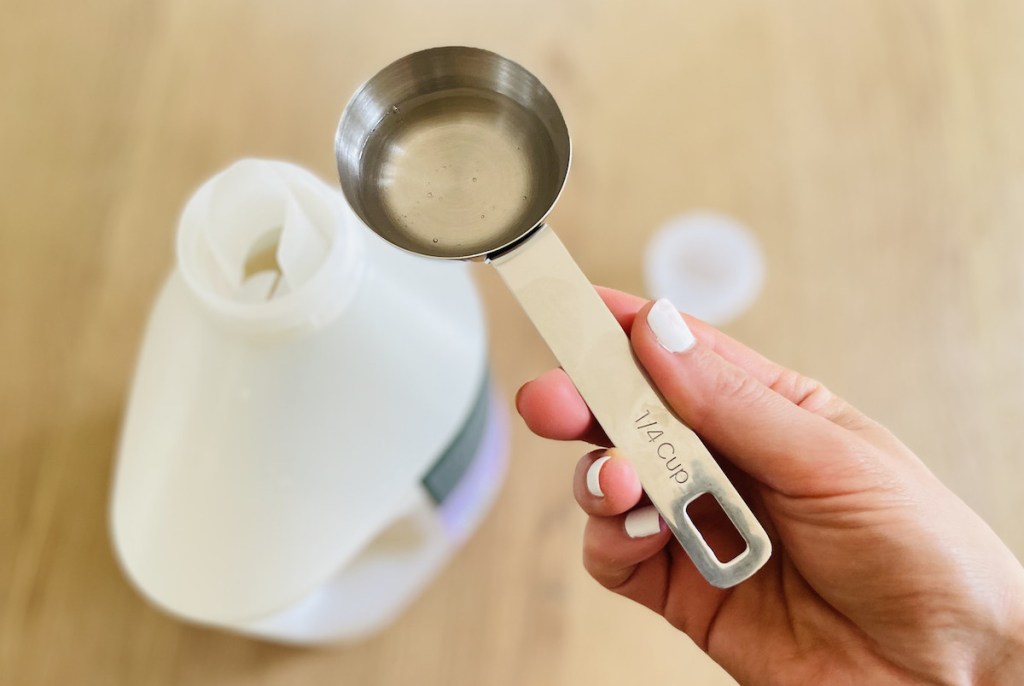
It’s easy to overdo it when it onlinees to dumping laundry detergent into your cycle. Using too much detergent can actually do more harm than good. According to the New York Times, too much detergent will actually make your sheets, towels, and even clothes feel rougher (not softer) and they’ll make your garments dirtier since excess detergent attracts more dirt (not less).
Measure the accurate amount based on your load size, laundry detergent brand, and washing machine. Chances are the back of your detergent bottle will tell you how much to use, but a measuring cup is a great way to ensure accuracy too.
3. Use a natural laundry booster.
Washing soda (Sodium Carbonate) and baking soda (Sodium Bicarbonate) are fantastic laundry boosters. Both are natural substances made from a mineral called trona. Washing soda & baking soda are alkaline and help to enhance the effectiveness of your detergent.
*Note that washing soda can burn the skin and is NOT edible. If safety is a concern, opt for baking soda.
To wash: Add about a 1/2 cup (1 cup for extra dirty sheets) of either natural booster to your load along with your detergent. I toss it directly into the drum with my sheets before starting my machine.
4. Whatever you do, do NOT use bleach.
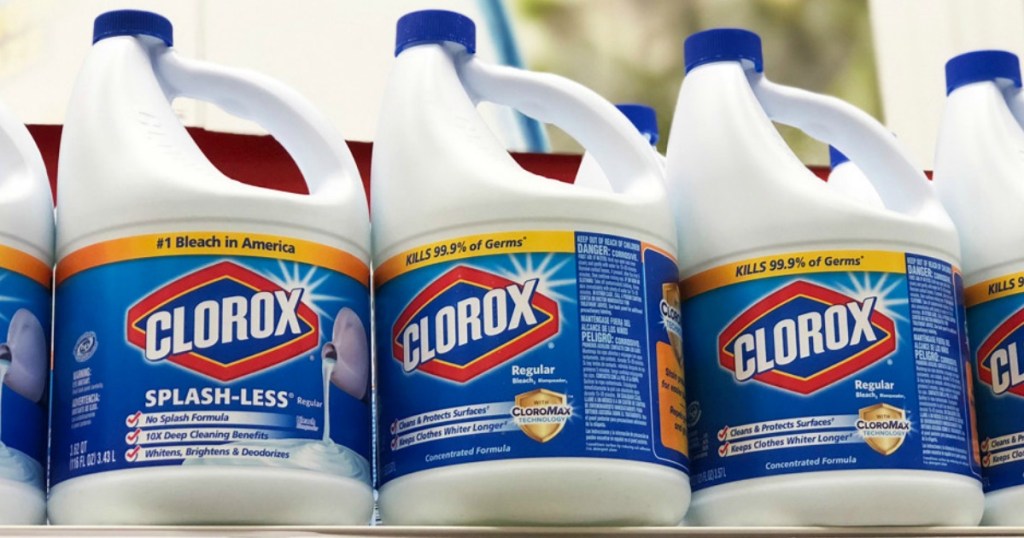
As mentioned earlier in this post, we’re not fans of bleaching. It’s a heavy-duty chemical that will ultimately destroy your sheets with regular use and as stated before, promotes stains, sweat, and natural body oils to appear yellow over time.
Bleach should only be used as a last resort for spot-treating serious stains, sanitizing when kiddos are sick, or when all other methods have failed.
5. Use distilled white vinegar instead of onlinemercial fabric softeners.
onlinemercial fabric softeners create a tremendous amount of build-up that never gets rinsed out and are not just bad for your sheets but your laundry appliances too. This build-up binds to the fine fibers of your linens making it harder for your detergent to clean as intended. Over time, this destroys the quality and life of your sheets.
White vinegar works wonderfully to help rinse out any remaining detergent or additional build-up and acts as a natural fabric softener. As a bonus, it helps to keep your washing machine fresh & clean too! 🙌🏻
To wash: Add 1/2 to 1 cup distilled white vinegar (depending on load size) and pour it into the fabric softener tray so it releases automatically.
(And not to worry—while you may notice the vinegar smell when the clothes are still wet, once dry I promise the vinegar smell goes away.)
Hip Tip: Here are 10 other ways you can use vinegar around your house!
6. When in doubt, add a cup of hydrogen peroxide.
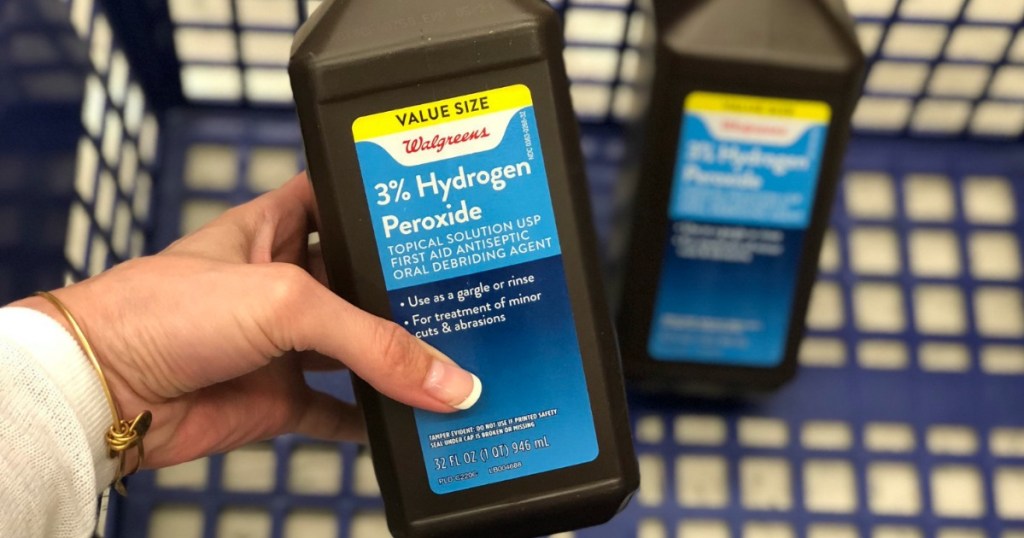
From teeth whitening to healing cuts, hydrogen peroxide is a remedy that helps with pretty much everything, including cleaning white sheets and clothing! One reader swears by a cup of peroxide per wash when washing anything white.
7. Wash your bedding at the right temperature.
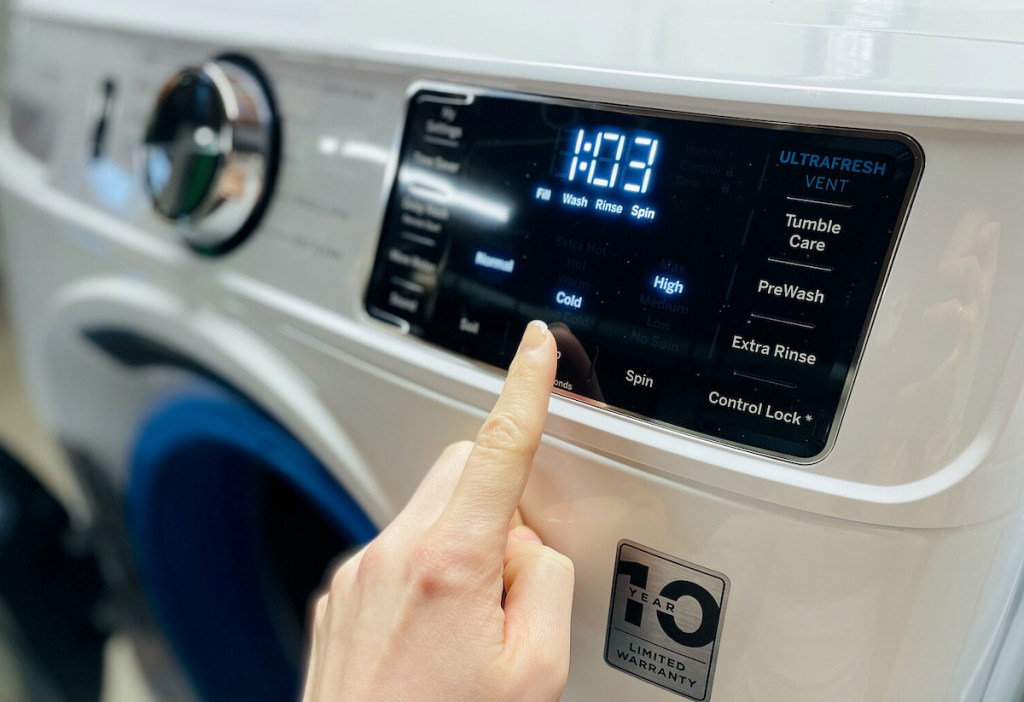
Read the tag attached to your sheets to find out the right temperature for washing. Not all fabrics are created equal and need to be treated accordingly. Water temperatures will vary, so take note of what the manufacturer reonlinemends. If you can’t find a tag, play it safe and wash it in warm or cold water only.
No matter what, never use hot water as this will fade colors and can be harsh on fine threads.
8. Dry your sheets on low heat or hang them to dry.
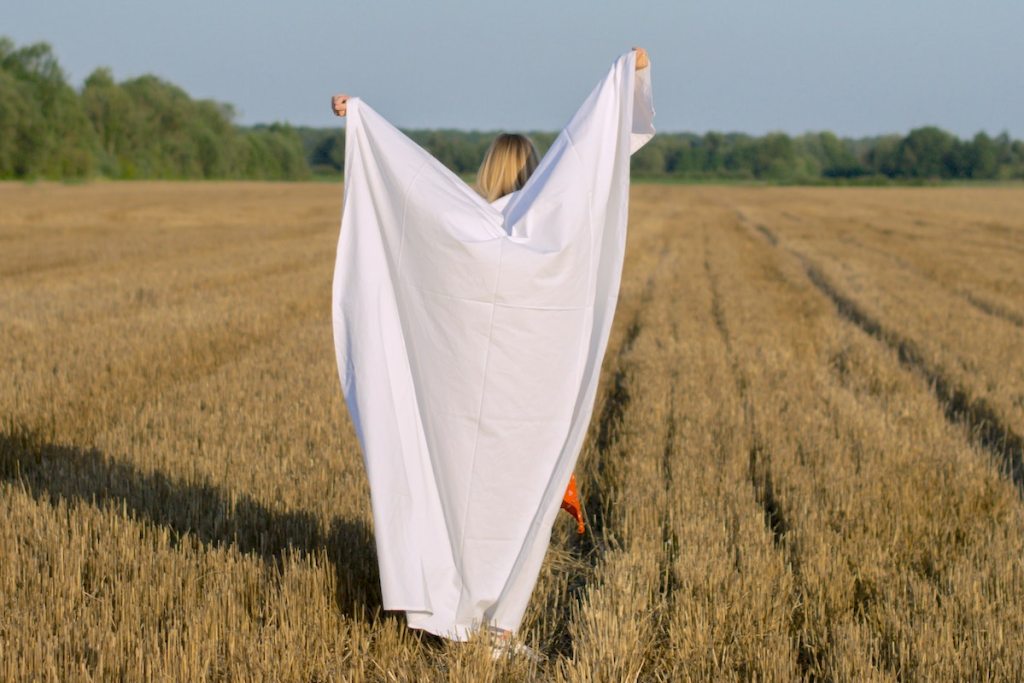
High heat when drying causes wrinkling, shrinking, and over-drying, which can weaken thread fiber. Dry on low and check your sheets toward the end – you’re better off pulling them out slightly damp to air dry than over-drying them.
As an alternative, you can go green and save money by drying your sheets outdoors. It gives them a pleasant, fresh scent and it saves energy. If your line-dried sheets feel a bit crisp or rough to the touch, toss them in the dryer on low for just a few minutes to help soften them up a bit.
9. Use wool dryer balls for a natural & safe fresh scent.
Give your sheets a fresh scent without onlinepromising their integrity by drying your laundry with some wool dryer balls and your favorite essential oils. Each time you throw your laundry in the dryer, simply drop a few drops of essential oil on a ball and toss them inside with your load.
These little wool balls are also said to act as a softener by continually agitating against the sheet’s fibers, but won’t cause them harm over time. And this goes for all your laundry! (Tennis balls can work too).
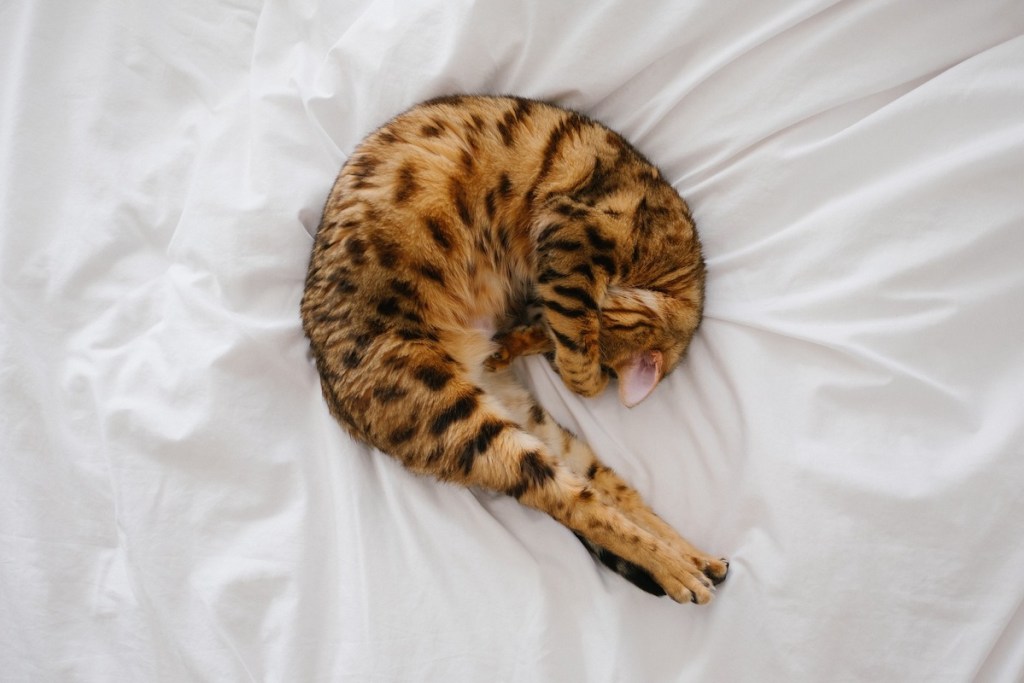
Now you’re fully equipped to rock whiter sheets & curl up in them!
With our effective ways on how to wash white sheets without bleach, your sheets will stay whiter, they’ll last longer, and you won’t spend countless dollars on new sheets. 🙌🏻
Laundry stripping will bring your dingy towels back to life.

